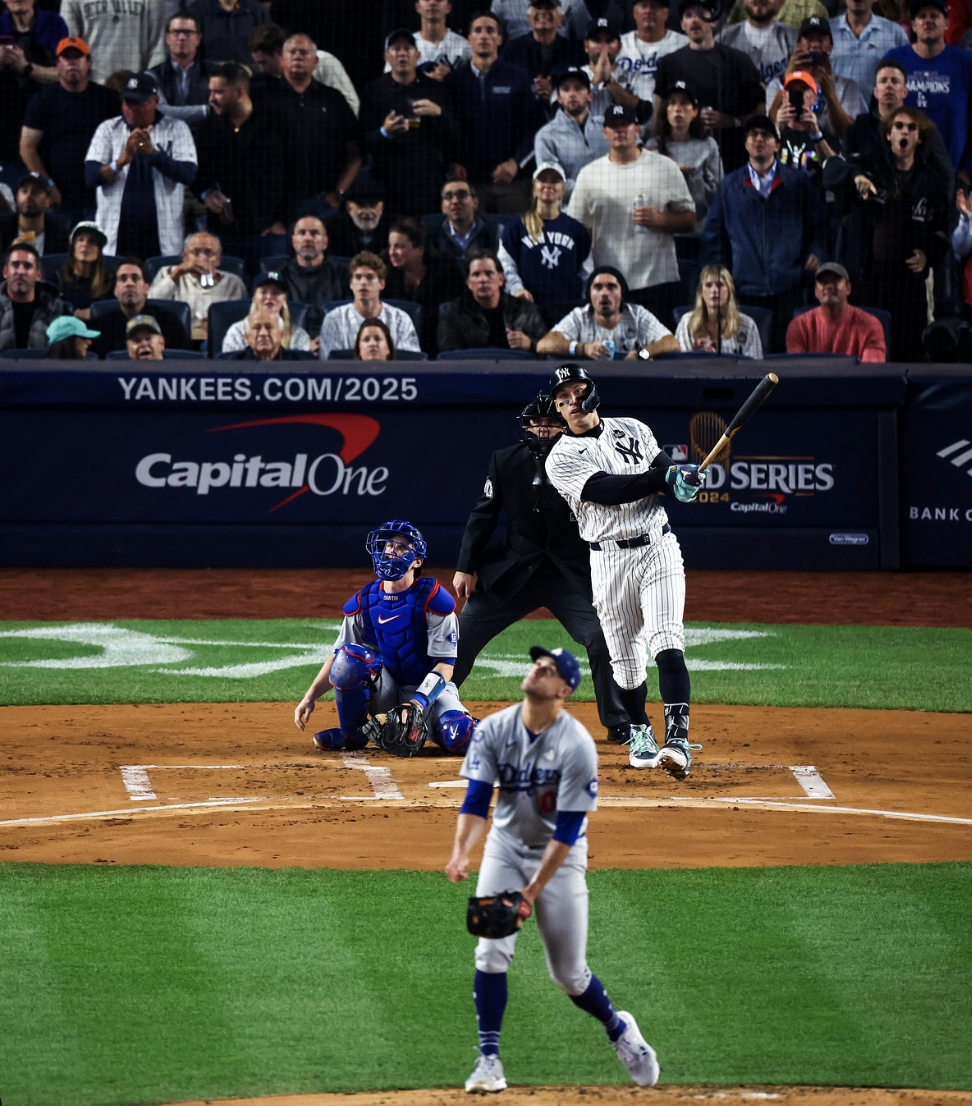Recently, the world football governing body, the International Federation of Association Football (FIFA), announced an expansion to its Club World Cup competition. Historically, the Club World Cup has been an unceremonious, uncompetitive and frankly, bizarre meeting of each continent’s respective highest achievers. Perennially, the European team that qualifies by winning the Union of European Football Associations (UEFA) Champions League comes in as the overwhelming favorite, usually winning handily against clubs from Japan, Egypt or even New Caledonia. However, FIFA — the robber barons of 21st century football — are remolding the Club World Cup into a structure that I cannot support.
Previously, seven teams — and only one from Europe — competed in a format that saw European clubs play a maximum of two games in the middle of the club season, putting little strain on the club or its personnel. Under the new structure, 32 teams will compete in a format that mirrors the World Cup: eight groups of four teams will play round-robin style, with the top two teams from each group entering a single-elimination knockout-style format. The competition, once held annually, will now occur once every four years, moving from midseason to after the conclusion of the regular European club season.
Let’s be clear: Very few people, if any at all, are asking or have ever asked for this. This is an expansion entirely at the whims of FIFA and its corporate sponsors. Indeed, players around the footballing world have reacted poorly to the new format, citing health and safety concerns about adding potentially seven more competitive games to an already extremely crowded schedule. Respected Premier League midfielder Kevin De Bruyne is one of many players who has said he worries about burnout with the increase in games: “Maybe this year, everything will be okay, but next year, it will be a problem,” De Bruyne told Playing for 90.
FIFA, UEFA — European football’s governing body — and other footballing organizations have proven time and time again that they care more about increasing profits and expanding their brand than the health and livelihood of their players. De Bruyne added this about the organizations: “FIFA and UEFA only care about the money, it seems, without thinking about the players. Look at how the Club World Cup has expanded, even more teams will be added and the calendar will get even more packed.”
Increasingly, it seems as if sports organizations have been making changes nobody asked for at the expense of fans’ desires and players’ welfare. Recently, the NFL expanded their regular season to include more games and expanded their playoffs to include more wildcard games. In 2022, the MLB did something similar to accommodate another wild card team in each league’s playoffs.
I have come to expect slight alterations in league format or game structure in American sports leagues, but the shift in European football is something I am much less accustomed to. Since 1995, the Premier League has never once changed its format: Every year, three teams get relegated and three teams get promoted at the end of each season. FIFA, on the other hand, has taken a totally different tack.
As a neutral observer of the sports industry, I understand the need to innovate and evolve to continuously improve the consumer product. But as a fan of football, to see tradition, football heritage and the health of the players who make the game so special be put by the wayside for corporate gain and capital greed is extremely disheartening.
There is a reason the European Super League proposed in 2021, which would have removed several famous European clubs from national club competitions and put them in their own closed competition, was met with such intense and pervasive negativity. For a lot of supporters, including myself, the beauty of football is in its consistent, almost monotonous nature. Tremendous changes like the Super League proposal scare us into thinking that the beauty of what we know is at risk, that the game we know and love may be lost.
The change in the Club World Cup format may be a small shift — one fans begrudgingly tolerate — but I truly believe that it harms the game and the sport. If so many players are against it and so many fans value football for its continuity, it’s clear that this change was made only to ensure corporate cash lines FIFA’s pockets through increased media viewership and new sponsor deals.
Football is a sport defined not by multinational corporations, but by the players and the supporters — players and supporters who have already declared that this FIFA Club World Cup format shift is simply unnecessary.






